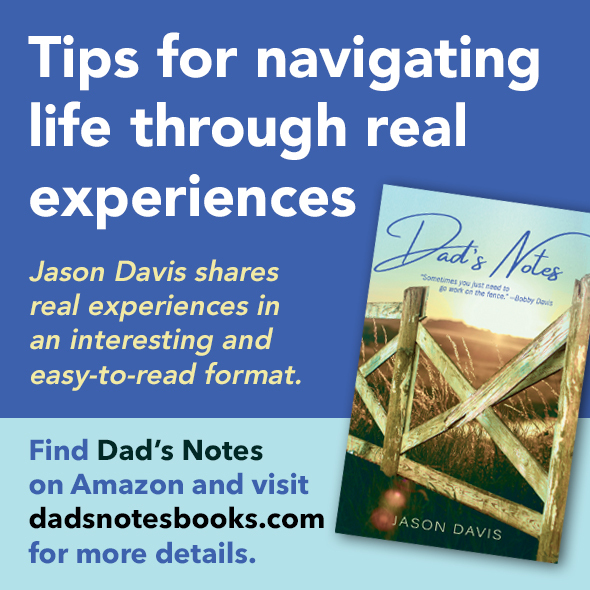Every generation is different. Generation Z is the youngest generation for whom we have been able to collect data and study their habits.
If your church wants to connect better with youth and young adults, here are two shifts to pay attention to:
1. Personal connection with the leader.
Gen Z is full of digital natives. As they have grown up on Instagram, TikTok and YouTube, they have had direct access to celebrities and other people they view as influencers or leaders throughout their lives.
They feel it should be no different with their pastors or church leaders.
Ryan Scantling is the Baptist Collegiate Ministry campus minister at the University of Arkansas, and he says that when a young person attends your event, they feel like they only know the people they came with and the person on the platform.
Therefore, we must create unique ways of connecting the person on the platform to the young person in the audience.
One way we have done that with young adults is through text message response.
During the invitation time the leader puts their personal phone number on the screen and asks everyone to text them at least their name and a prayer request.
There may be additional requests such as “Tell me if you surrendered your life to Christ,” or “Tell me if you want to go on this missions trip.”
Through this type of direct communication with the leader, we have learned of suicidal thoughts, family members passing, relationship struggles, calls to ministry and so much more.
It also gives the leader the ability to text back the next day and offer prayer or to set up a meeting for ministerial counseling.
The leader can also follow up with meaningful questions about the student’s life the next time they see the student.
Similar things can be done on social media through direct messaging.
As with any form of digital communication, it is essential to be cautious and wise when interacting with the next generation. Ensure that every contact brings glory to God and points that person to Christ.
2. The goal of education.
Think about this: Students have access to more information than any generation before them.
Older generations might think that social media is a place where people go to share family photos and simply stay connected to their friends, but Gen Z uses social media like YouTube, TikTok and Instagram as a primary source of information. Some of the content they consume is even spiritual and forms their belief system.
How do they know if the clip of the preacher on TikTok is theologically sound?
How do they know what they find on Google is faithful and in line with what your church believes when they look up a Bible verse they don’t understand?
Tim Elmore, the founder and CEO of Growing Leaders, is an expert on leading the next generation.
He says the goal of education has now shifted from transferring knowledge from one person to another.
The new goal of education is to teach students where to find reliable information.
In other words, we are not just teaching students what to think, we are now teaching them how to think and who thinks well. Therefore, it’s important to point students toward relevant and reliable biblical content providers, commentaries and scholars.
This is best done in community and relationship. As students trust you more, they will become more trusting of the sources you point them toward.
The rise of the search engine also means we must be careful with what we say from the platform.
We used to live in a time where if the pastor or leader said it, then everyone believed it. Now almost everyone in the room has a supercomputer in their pocket.
When it comes to the most connected generation in history, we cannot ignore the changes around us; we must use them for Kingdom purposes.
Pastor Michael Catt, former senior pastor of Sherwood Baptist Church in Albany, Georgia, said, “Whoever wants the next generation the most will get them.” Let’s focus on connecting and leading Gen Z together.
EDITOR’S NOTE — This story was written by Tyler Hoffpauir, Baptist Collegiate Ministry (BCM) campus minister at Arkansas State University, and originally published by Arkansas Baptist News.










